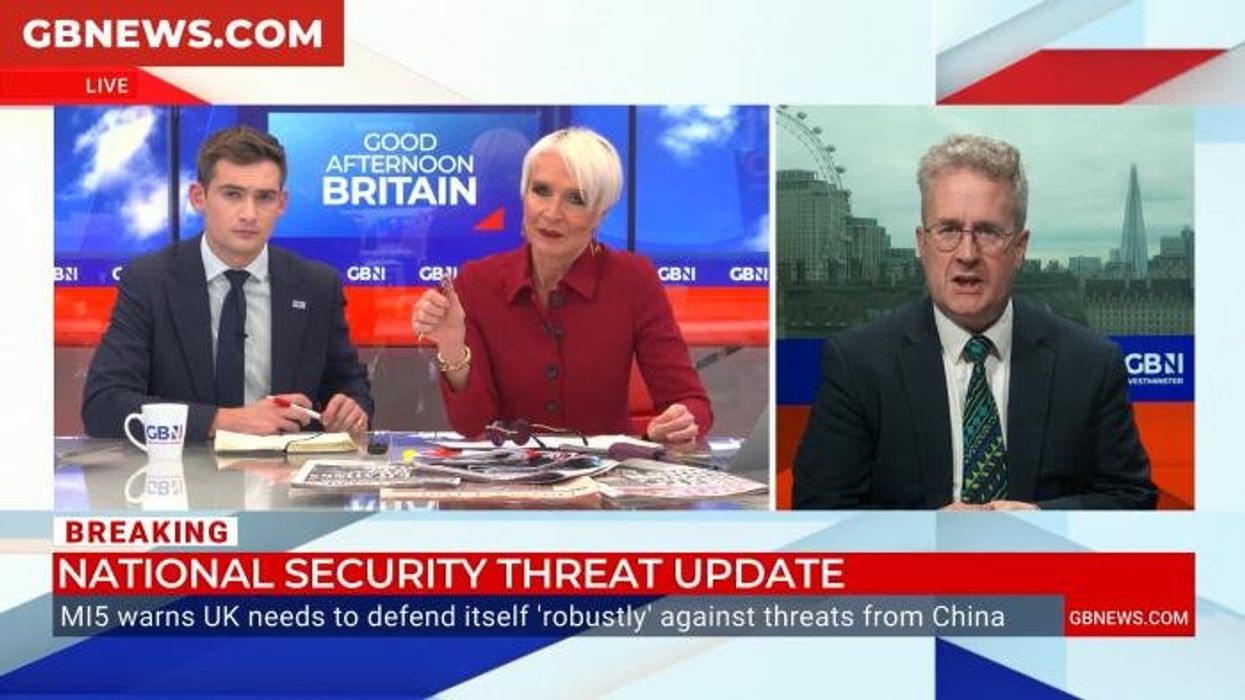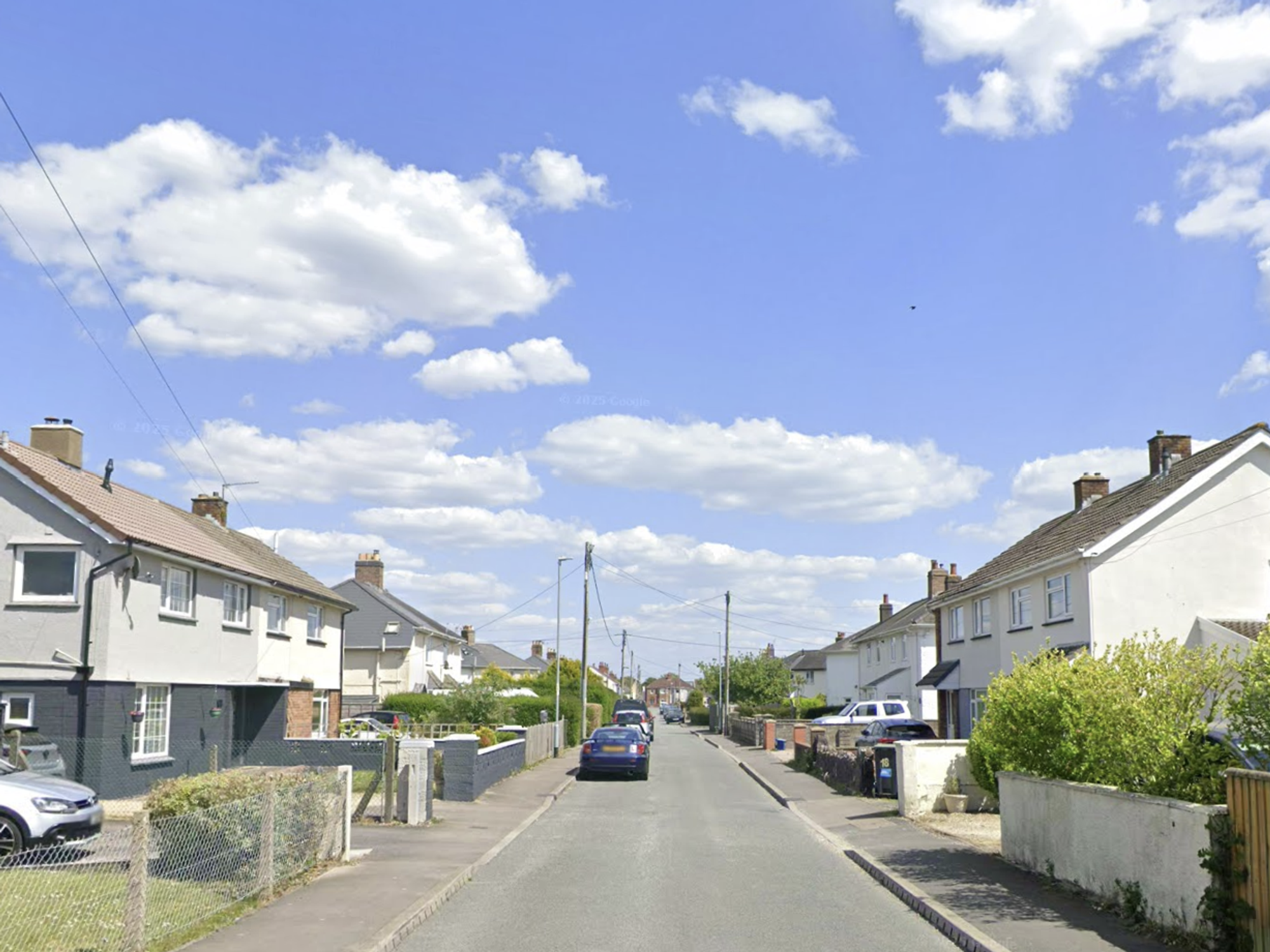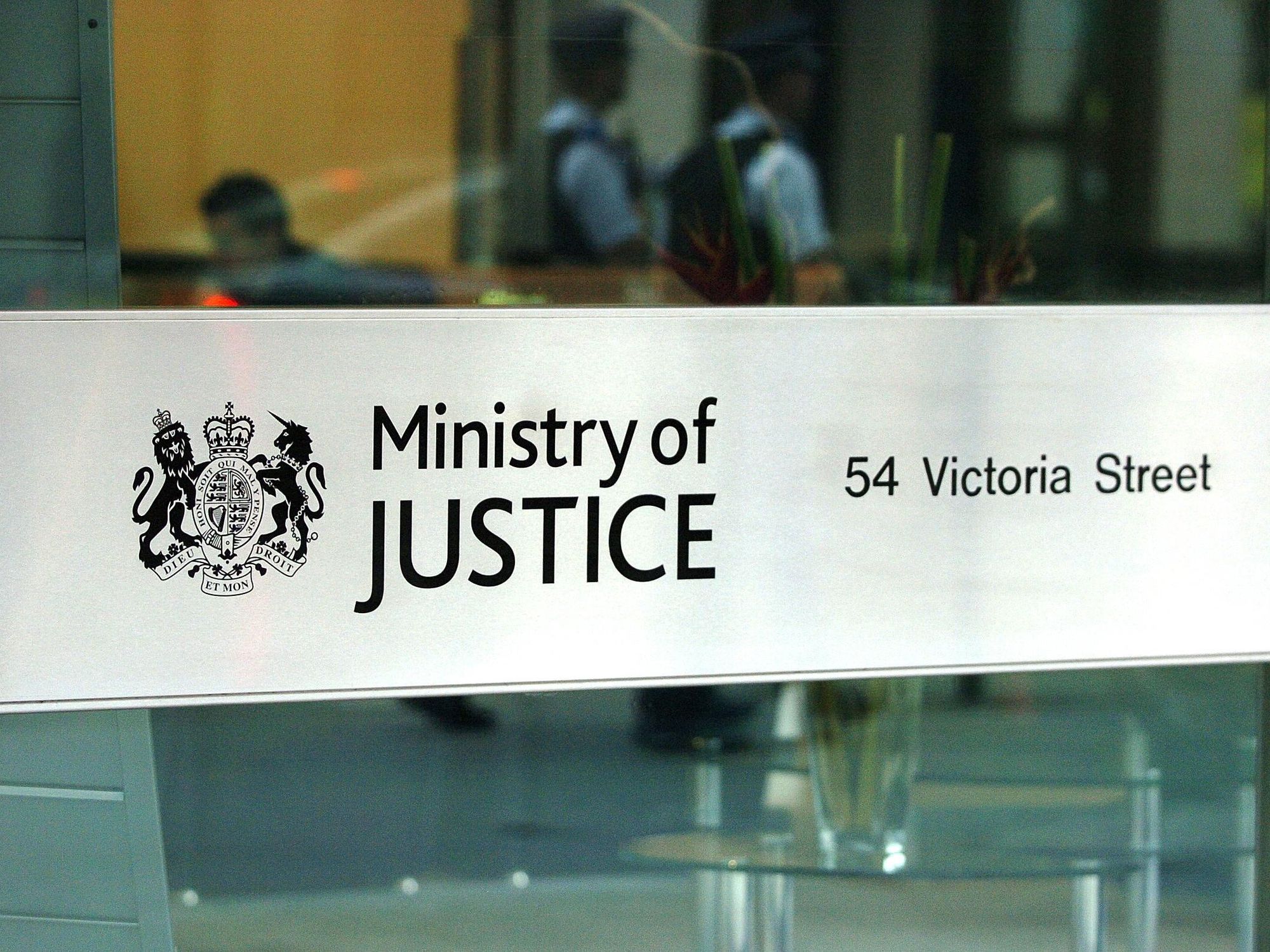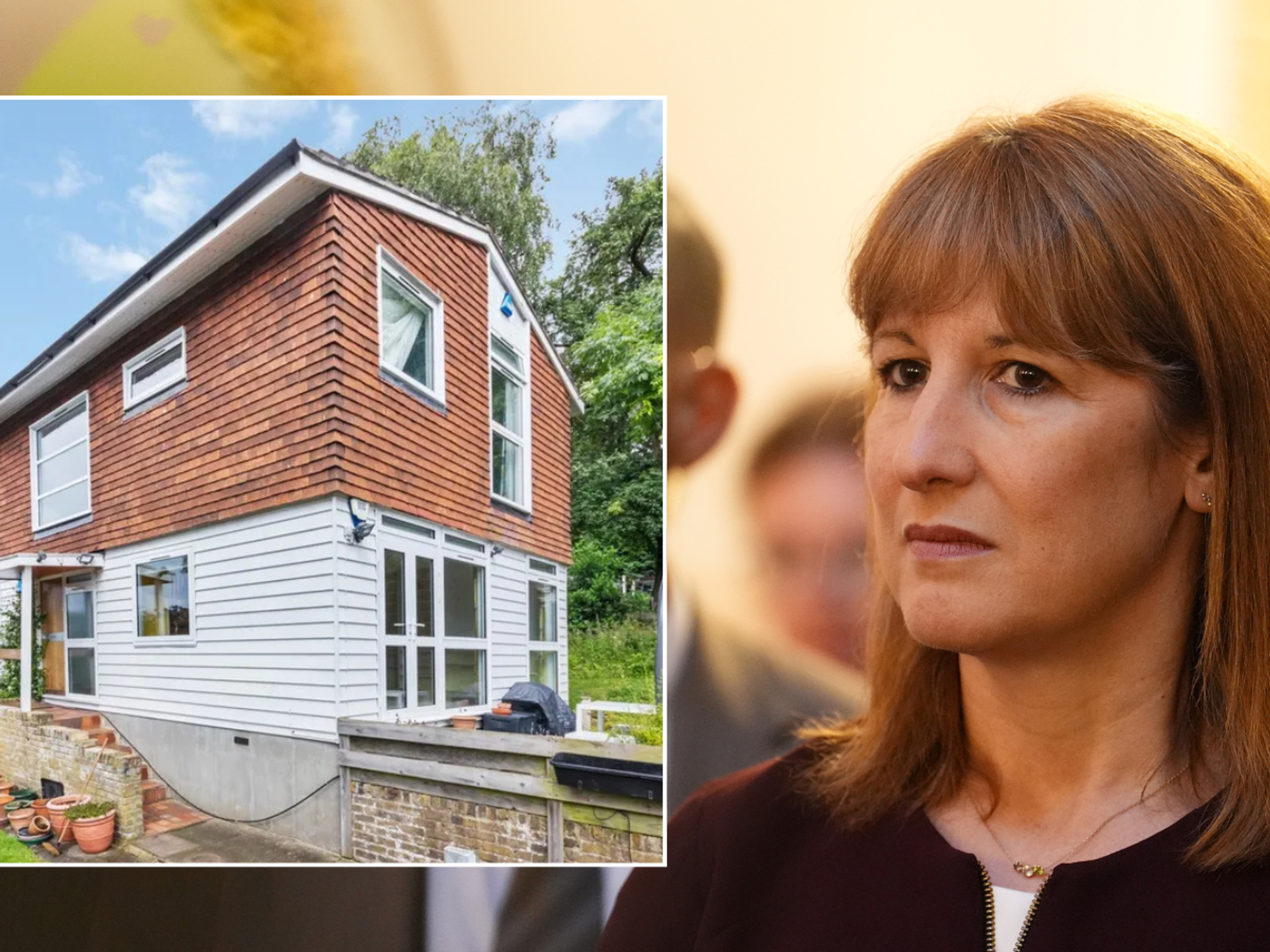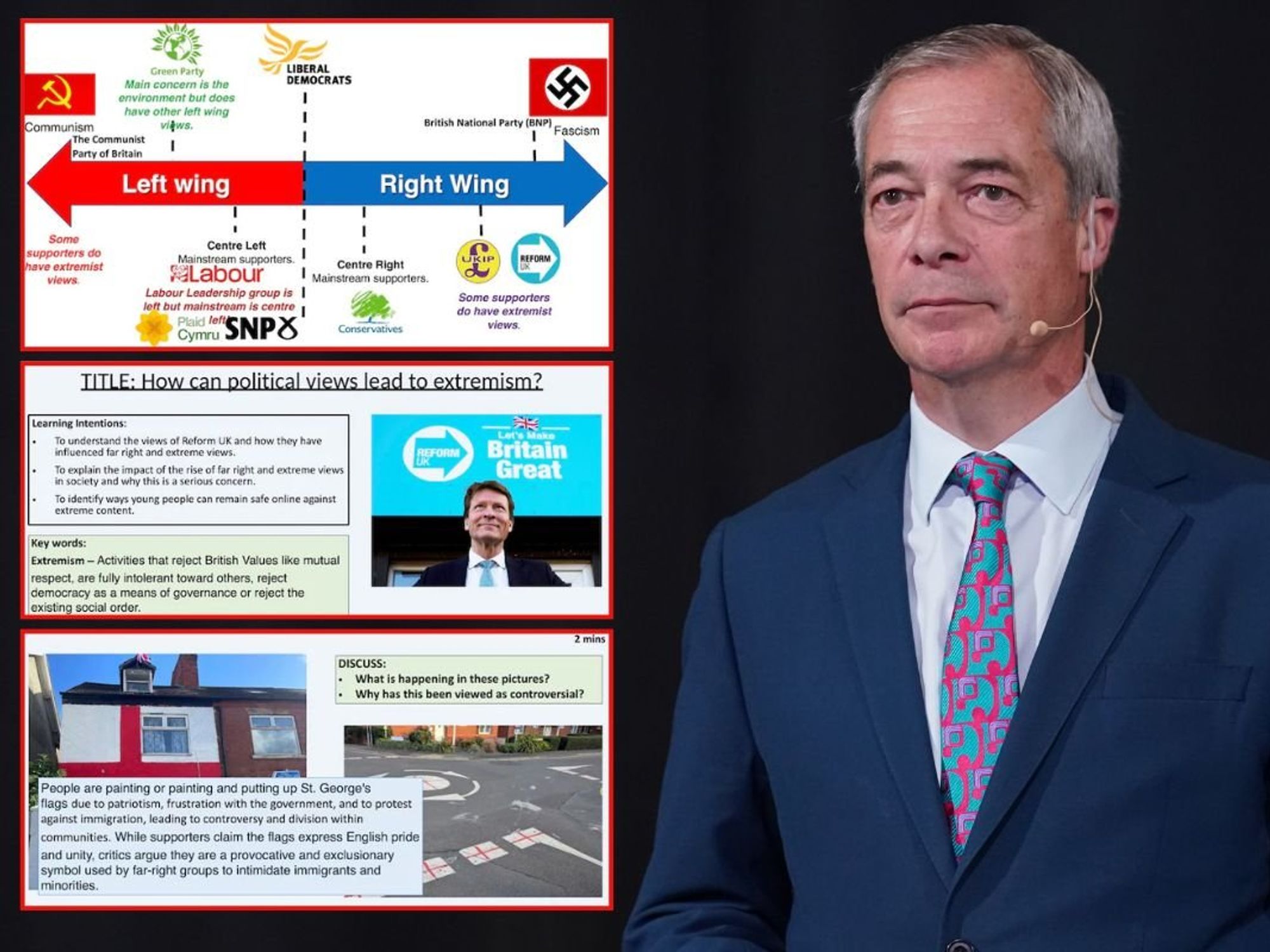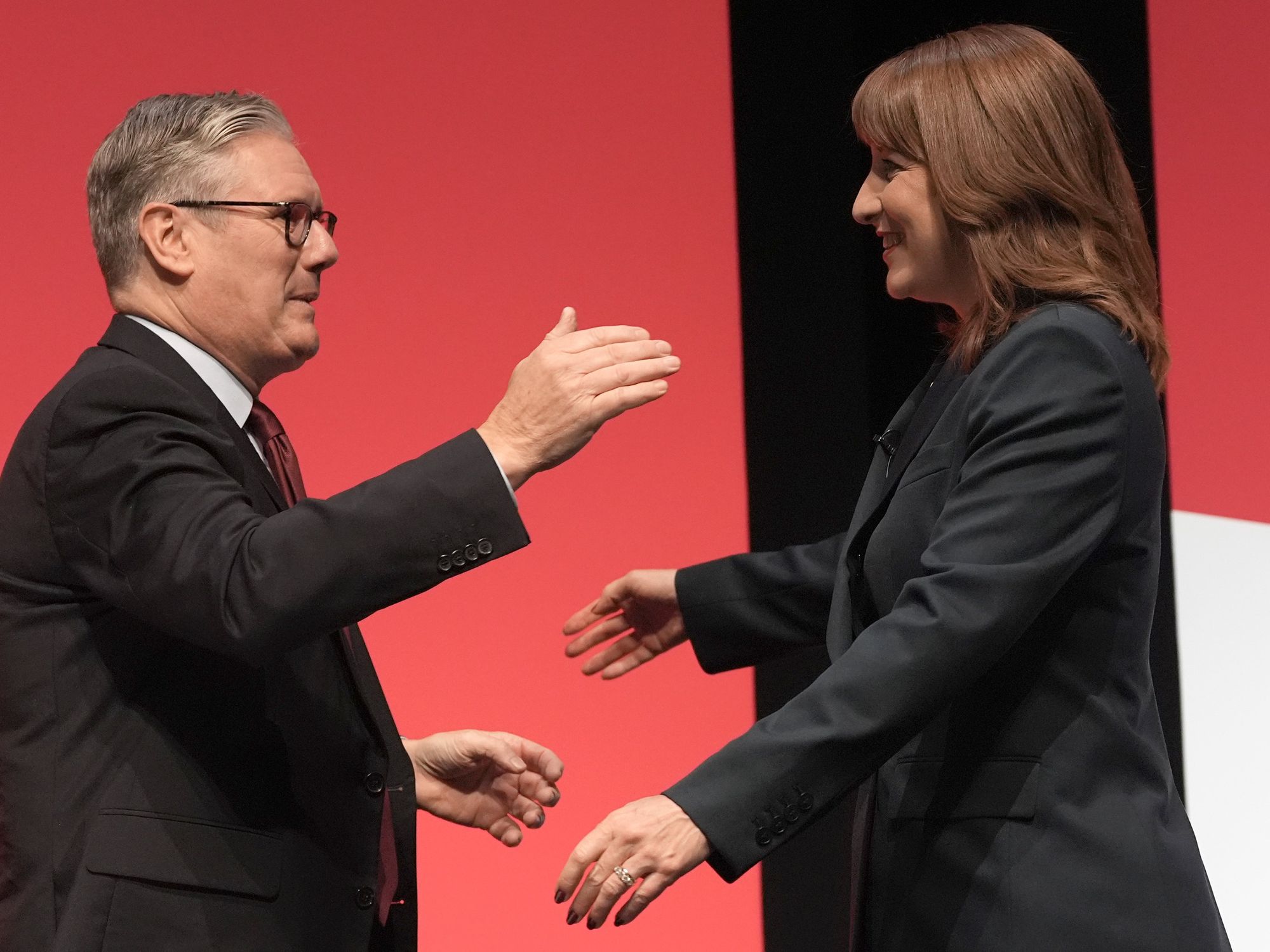China rakes in millions of pounds of YOUR money from migrant hotel contracts
Dame Priti Patel has accused Labour of 'bending over backwards to appease Beijing'
Don't Miss
Most Read
Trending on GB News
China is raking in millions of pounds from British taxpayers through migrant hotel contracts, damning new analysis has revealed.
The fresh data revealed organisations linked to the Chinese Communist Party owned three hotels block-booked for migrants, totalling at least £15million in Home Office contracts.
They are just a portion of the 442 UK assets owned by private individuals and firms from China and Hong Kong, as well as state-backed organisations.
Their value has risen by £57billion in the past four years, amounting to £190billion.
TRENDING
Stories
Videos
Your Say
Some of the long-held investments, which range from nuclear power stations and water companies, have skyrocketed in value, while others have been newly bought or uncovered.
Revealed by The Times, about £51.3billion of assets are owned by groups linked to the Chinese Government, including the former site of the Royal Mint in London, which is considered for China's new embassy.
The research found that China owns large parts of our national infrastructure, including stakes in Heathrow Airport, water companies, wind farms and power networks.
Some 28 independent schools are owned by the state, with a ground warehouse group also owning about £250million in dividends.

China has brought in £15million in asylum hotel contracts
| GETTYLATEST DEVELOPMENTS
- Prince Andrew flagged as possible national security risk over 'Chinese spy' connections
- Chinese brand Geely launches in UK with 'strong ambitions' including rival to Labour's Electric Car Grant
- Three SHOCK graphs expose France’s key role in Britain’s migrant chaos - and saddle Labour with another unwanted record
Chancellor Rachel Reeves and former Foreign Secretary David Lammy have both made trips to Beijing in the past year, keen to attract future investment.
In the past couple of weeks, the Government has been accused of prioritising the UK's economic interests with China following the dropping of the spying charges against Chris Cash and Christopher Berry.
Both have denied any wrongdoing, with the case collapsing over the Government's failure to brand Beijing as a threat.
During a debate in the House of Commons last week, Security Minister Dan Jarvis was questioned about the threat to energy and national security from Chinese-owned businesses.
Mr Jarvis said the UK's relationship with China was complex, suggesting: "Where we are able to co-operate economically where it is in our national interest to do so, we should proceed, but we should proceed with a clear set of principles that underpin that.
"Fundamentally, our national security comes first."
However, Dame Priti Patel, the Shadow Foreign Secretary, told The Times: "Labour is bending over backwards to appease Beijing.
"Having wrecked our economy, they are now going begging abroad, putting our economic and national security up for sale to the highest bidder."
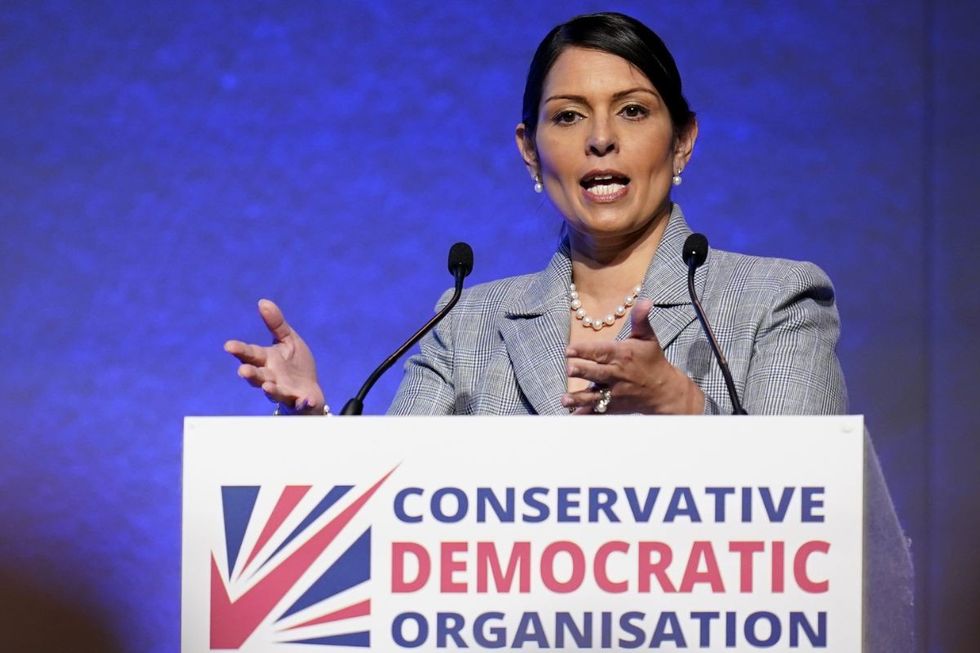
Dame Priti Patel accused Labour of wrecking the UK's economy
| PAIn 2024, the Government completed a China audit, parts of which were incorporated into a national security strategy published in June, but the audit itself remains classified.
In response, the Inter-Parliamentary Alliance on China produced its own audit on the UK-China bilateral relationship.
The report discussed: "Trade between the UK and China can no longer be regarded as a neutral or purely commercial space.
"Instead, it increasingly reflects strategic competition, national security concerns, and contested norms around governance and technology. For the UK, the central challenge lies in maintaining relevance … while safeguarding resilience at home."
It was also revealed that China was starting to dictate terms in critical areas such as renewable technology and electric vehicles.
Evan Fowler of the IPAC noted: "It is wrong to presume that China presents a choice between security and economic opportunity. China understands governments need to prioritise security.
"Weakness isn't a sign of trust or friendship, but naivety. Similarly, investment and business opportunities exist regardless of the warmth of diplomatic rhetoric."
Our Standards: The GB News Editorial Charter
More From GB News


